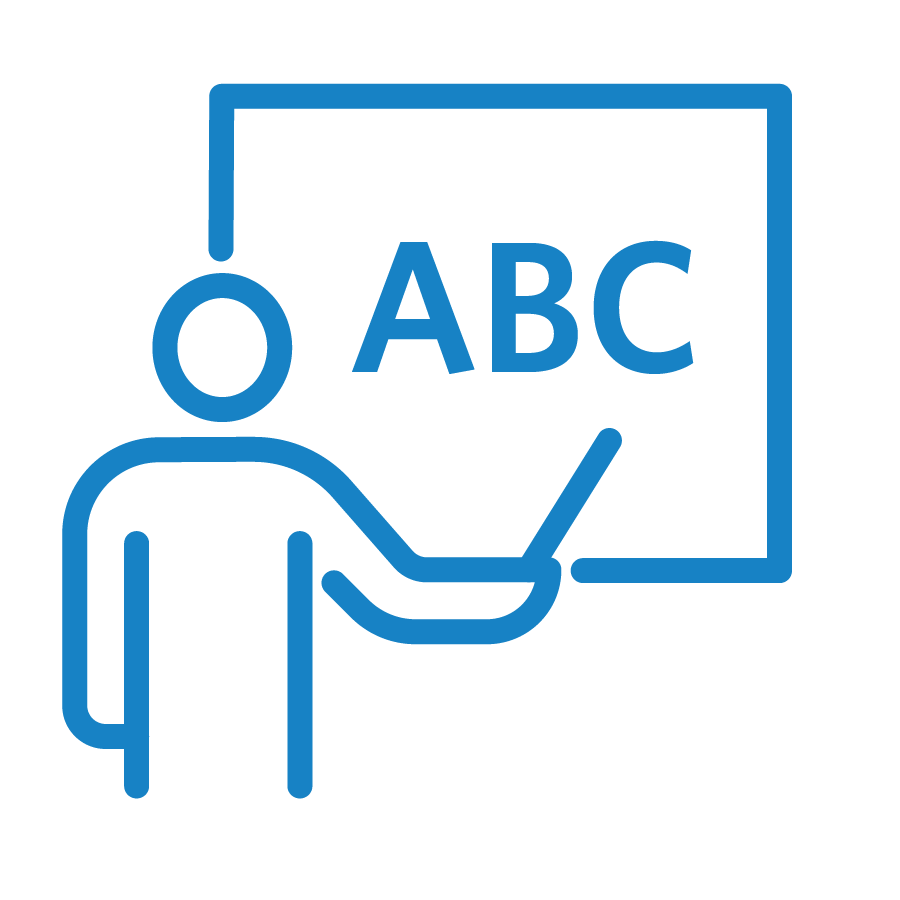Filter resources by:
Select a filter from the drop down menu to apply the filter. Page reloads upon selection

Aug 16, 2024
Must be logged in
AI in the Middle and High School Classroom | Webinar Recording
Learn how AI works, why it is important to understand it, and how it can be implemented in classroom activities. Since this “thing of the future” is here to stay, educators and their students need to know how to use it properly as a tool for critical thinking instead of a replacement for original work.
View Webinar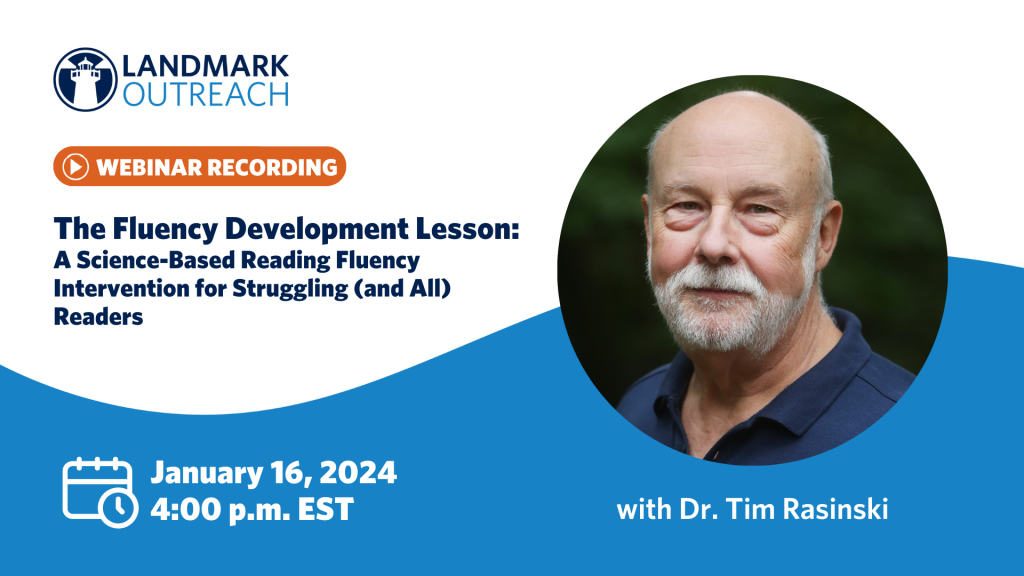
Aug 16, 2024
Must be logged in
The Fluency Development Lesson with Dr. Tim Rasinski | Webinar Recording
Join Dr. Tim Rasinski as he reviews the importance of reading fluency instruction, its place in the overall reading curriculum, and specific instructional tools for fostering fluent reading. Dr. Rasinski shares an overview of the Fluency Development Lesson (FDL) which is effective in improving fluency and overall reading outcomes for students, especially students who struggle
View Webinar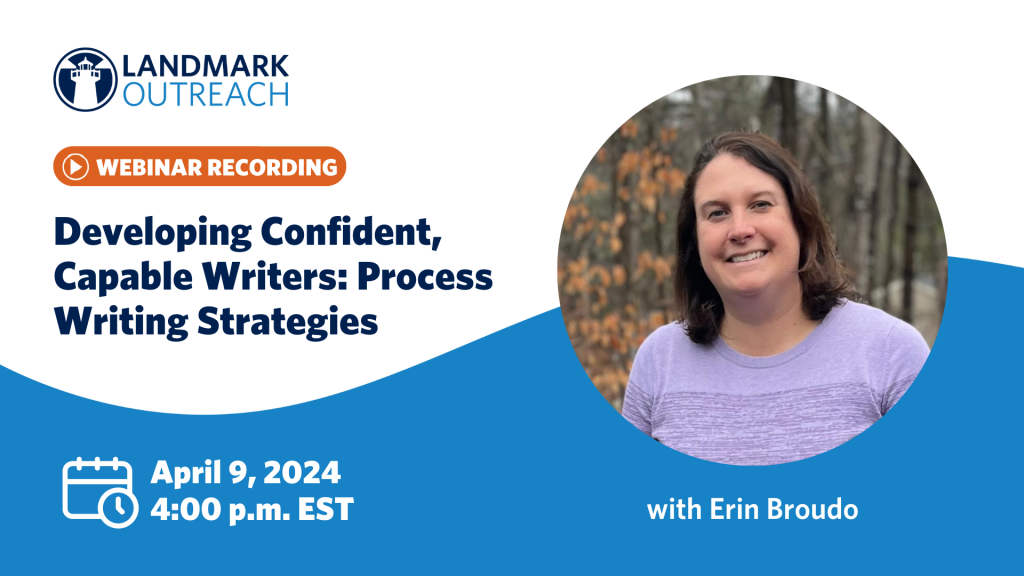
Aug 16, 2024
Must be logged in
Developing Confident, Capable Writers: Process Writing Strategies | Webinar Recording
This webinar explores how to apply process writing and use mentor texts at the middle-school level to integrate reading and writing skills and increase students’ confidence and independence in all phases of the writing process. Erin Broudo covers genres such as narrative writing, claim/opinion, and compare/contrast to demonstrate how to teach genre in writing in
View Webinar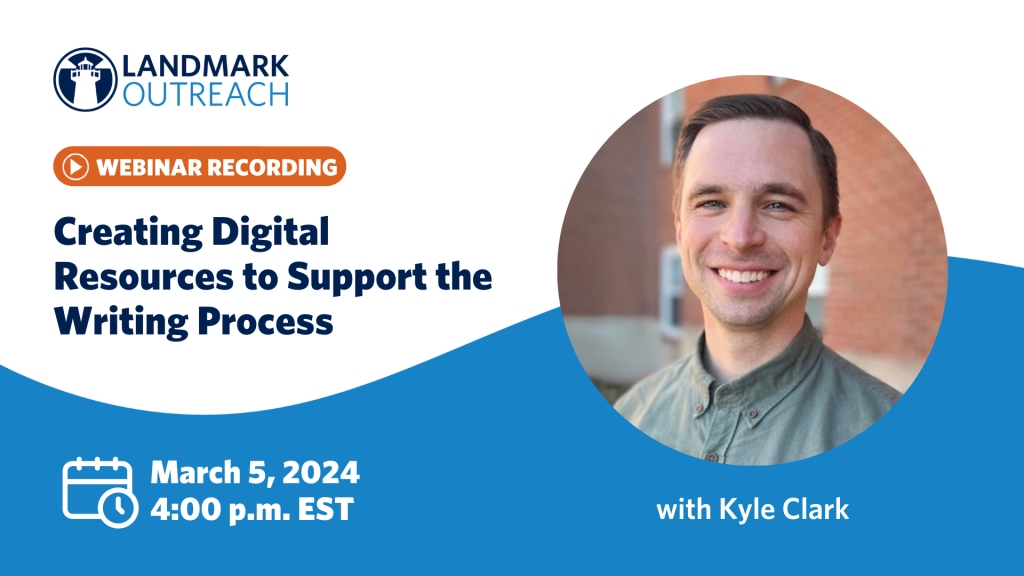
Aug 16, 2024
Must be logged in
Creating Digital Resources to Support the Writing Process | Webinar Recording
Learn new strategies for designing writing assignments for your students using the Google Suite. This webinar shares helpful tips and tricks to help your students more easily navigate the writing process.
View Webinar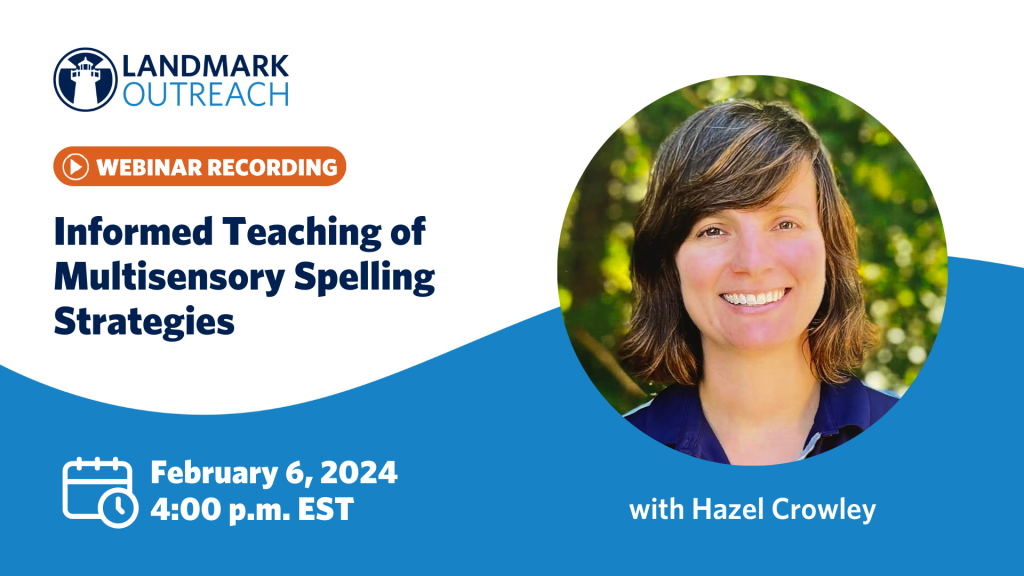
Aug 16, 2024
Must be logged in
Informed Teaching of Multisensory Spelling Strategies | Webinar Recording
This webinar explores how to differentiate the facets of spelling and demonstrates a variety of multisensory activities and interactive strategies to help foster a deeper understanding of spelling.
View Webinar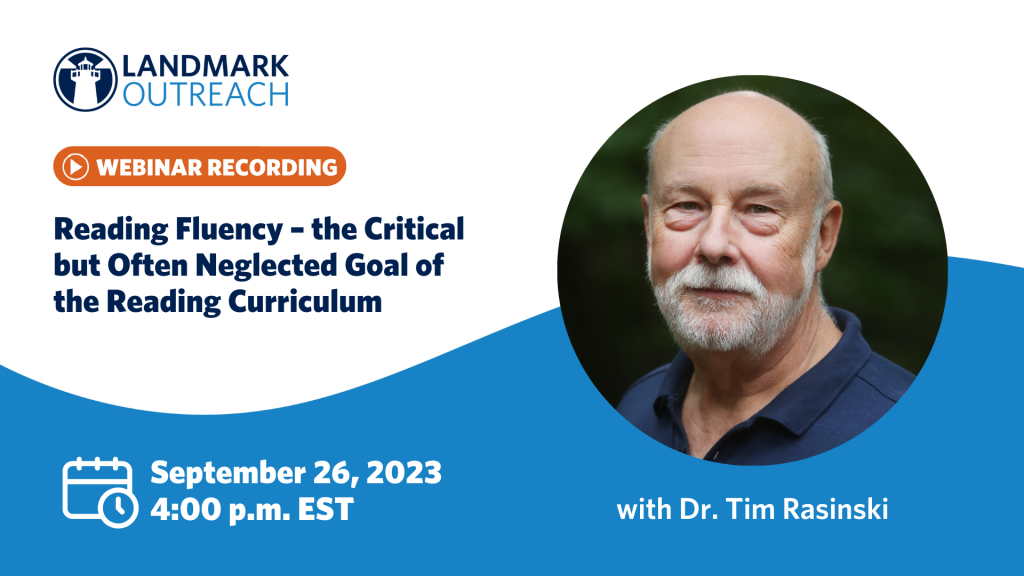
Aug 16, 2024
Must be logged in
Reading Fluency – the Critical but Often Neglected Goal of the Reading Curriculum with Dr. Tim Rasinski | Webinar Recording
Join Dr. Tim Rasinski as he shares approaches to assessing and monitoring reading fluency progress. Learn effective and engaging strategies for teaching this all-important reading component to move students toward better comprehension and greater proficiency in reading.
View Webinar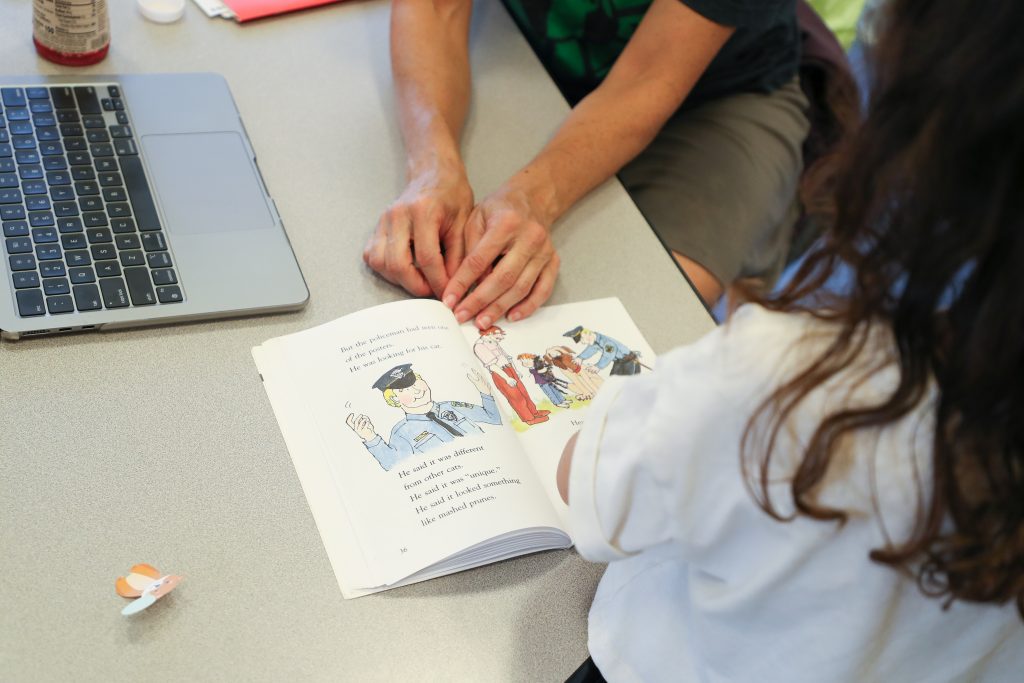
Aug 7, 2024
Chall’s Stages of Reading Development
Stage 0: Prereading: Approximately Birth to Age 6. In this stage, children “play” read. By being read to, they have begun to understand that books contain words that provide meaning. They may “read” books from memory, start demonstrating book-handling skills, and begin “writing” the alphabet. Stage 1: Initial Reading and Decoding: Approximately Ages 6-7 /
Read Strategy
Aug 6, 2024
Must be logged in
Orthographic Mapping: Practical Classroom Applications | Webinar Recording
This webinar introduces the process of orthographic mapping and presents practical strategies for implementing it within the classroom.
View Webinar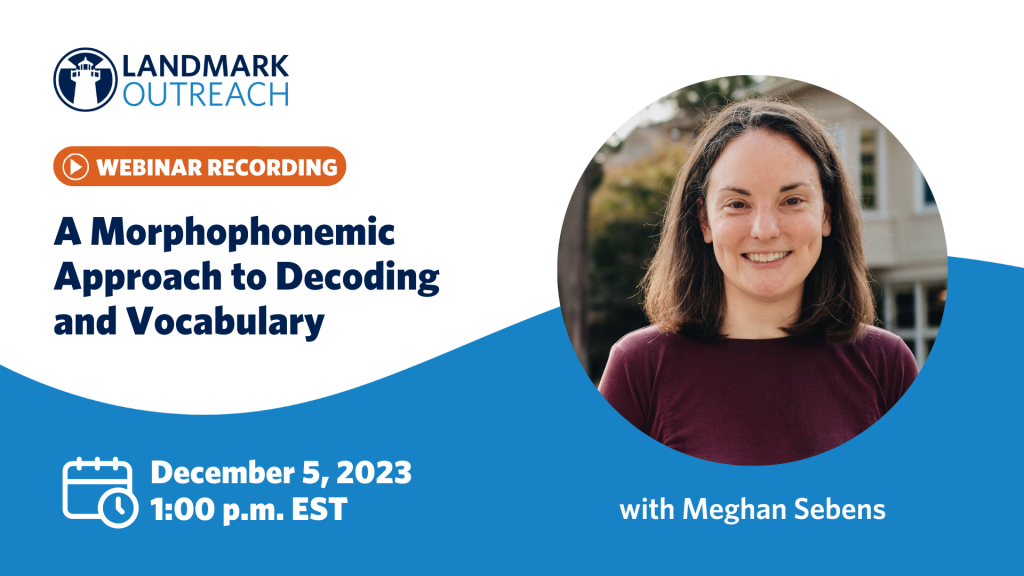
Jul 30, 2024
Must be logged in
A Morphophonemic Approach to Decoding and Vocabulary | Webinar Recording
This webinar discusses the reasons behind the complexities of the English language and provides approaches to help your students develop word analysis skills.
View Webinar